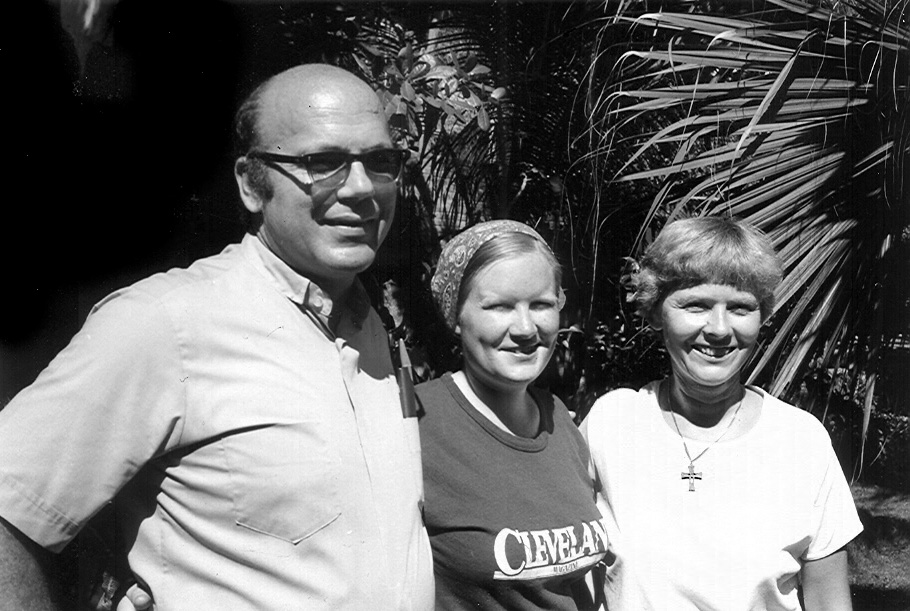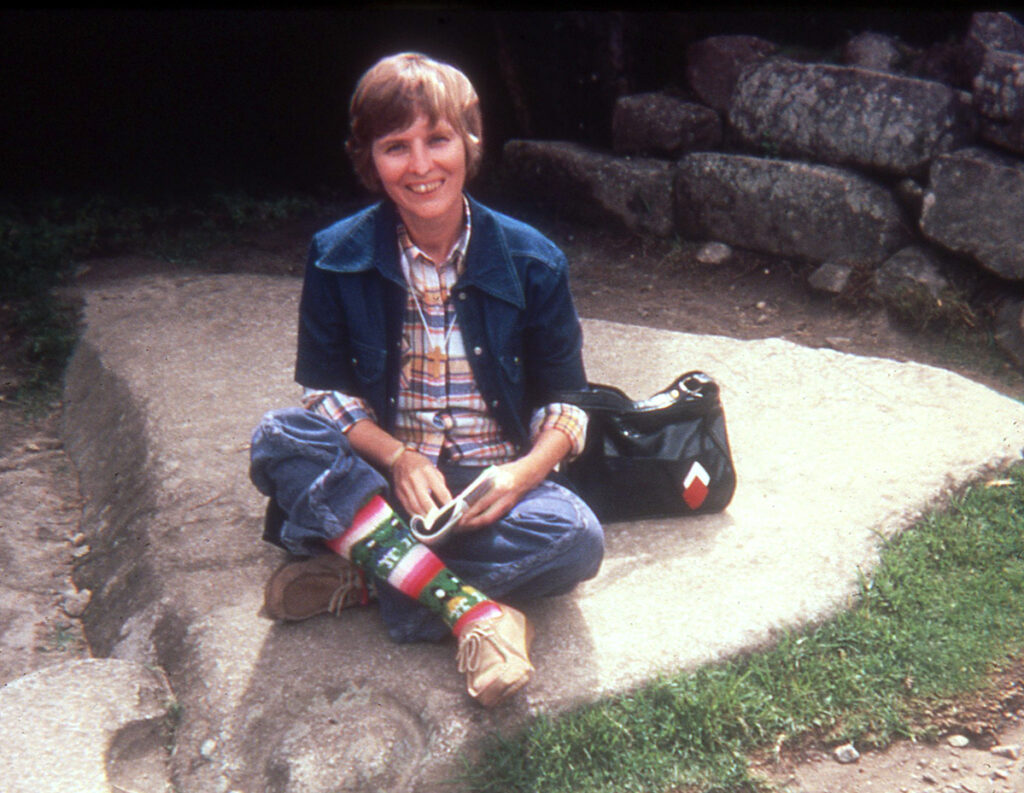Dorothy Kazel, OSU: Still a Symbol of Hope
Ursuline Sisters of Cleveland
On October 3, 1979, shortly before El Salvador erupted in a bloody civil war that would last for twelve years, Sister Dorothy Kazel wrote the following to her friend and former missionary co-worker, Sister Martha Owen:
We talked quite a bit today about what happens if something begins.
And most of us feel we would want to stay here . . . . We wouldn’t
want to just run out on the people . . . . I thought I should say this to
you because I don’t want to say it to anyone else because I don’t
think she would understand. Anyway, my beloved friend, just know
how I feel . . . If a day comes when others will have to understand,
please explain it for me.
The day that Dorothy so prophetically referred to in her letter did come on December 2, 1980, when she, lay missionary Jean Donovan, and Maryknoll Sisters Maura Clarke and Ita Ford were abducted, raped, and murdered, execution style, by five members of the Salvadoran National Guard. Preaching the Gospel and ministering to the corporal and spiritual needs of the poor were the “crimes” the four women had “committed.”
At the time of her murder, Dorothy had been a member of the Cleveland Diocesan Latin American Mission Team for six years. Before her missionary ministry, Dorothy had served two years as a counselor at Beaumont School (Cleveland Heights) and seven years as a business and religion teacher at Sacred Heart Academy (formerly located in East Cleveland). In addition to her counseling and teaching responsibilities, Dorothy had also ministered to the poor and marginalized by volunteering at various social service agencies. Prior to her entrance into the Ursuline Sisters of Cleveland in 1960, Dorothy had taught third grade for one year. Friends, family members, and former students remember Dorothy as a joyful, fun-loving woman whose spirituality was firmly rooted in her great love for God and God’s people.
In the years since her death, Dorothy has become a symbol of hope and healing in a world fraught with violence, injustice, and poverty. Her courageous testimony of what it means to fully live the Gospel has inspired countless North Americans to enter into the lives of the poor and their struggle for justice, to stand with them, to become a voice for them, and to become instruments of God’s nonviolent love and truth.
Dorothy’s example speaks of the reality that ordinary people—even one person—can make a difference in the lives of other people and in society, particularly ours, which is filled with so much pain and brokenness. Living in a climate of fear, fostered by hate crimes, mass shootings, and other terrorist acts, we need Dorothy’s example of courage and hope to continue to speak to us, to calm us, to remind us of what is truly valuable, and to lead us back to love in all areas of our lives.
The archives of the Ursuline Sisters of Cleveland preserves the memory of Sister Dorothy Kazel and enables comprehensive research of her life. Our extensive collection (approximately 133 linear feet) includes Sr. Dorothy’s writings (letters, to and from family, friends, Ursuline sisters; notebooks; journals), photo albums; books; and artifacts, including personal belongings and clothing. The collection also includes newspaper articles and legal and government documents relating to Dorothy’s and the churchwomen’s murders, as well as numerous publications (books, articles, and others), memorials (artwork, poetry, dramatic productions, videos, and other media), and anniversary celebrations (liturgies) in honor of the four churchwomen, from 1980 to the present.


